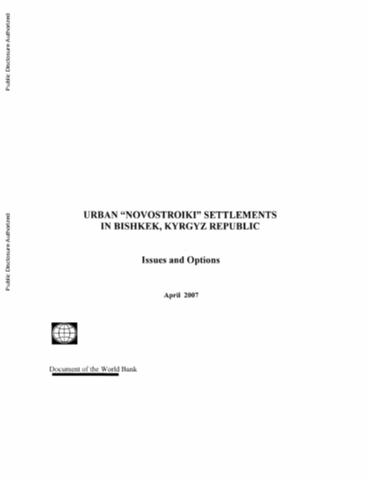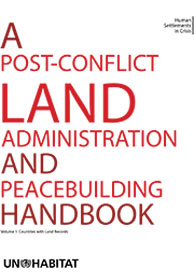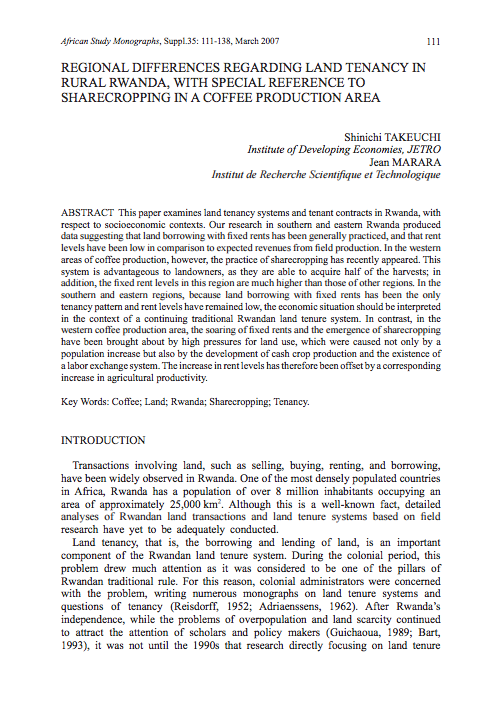STRENGTHENING LAND TENURE AND PROPERTY RIGHTS IN ANGOLA
Since its independence in 1975, and most notably in the last decade, Angola has struggled to create a legal framework adequate to address the complex issues relating to the country’s land. In 2004, the country enacted a new land law1 that sought to strengthen perceived areas of weakness in prior legislation. The new law delineated and expanded a range of land rights available by concession and recognized some measure of traditional land rights.









